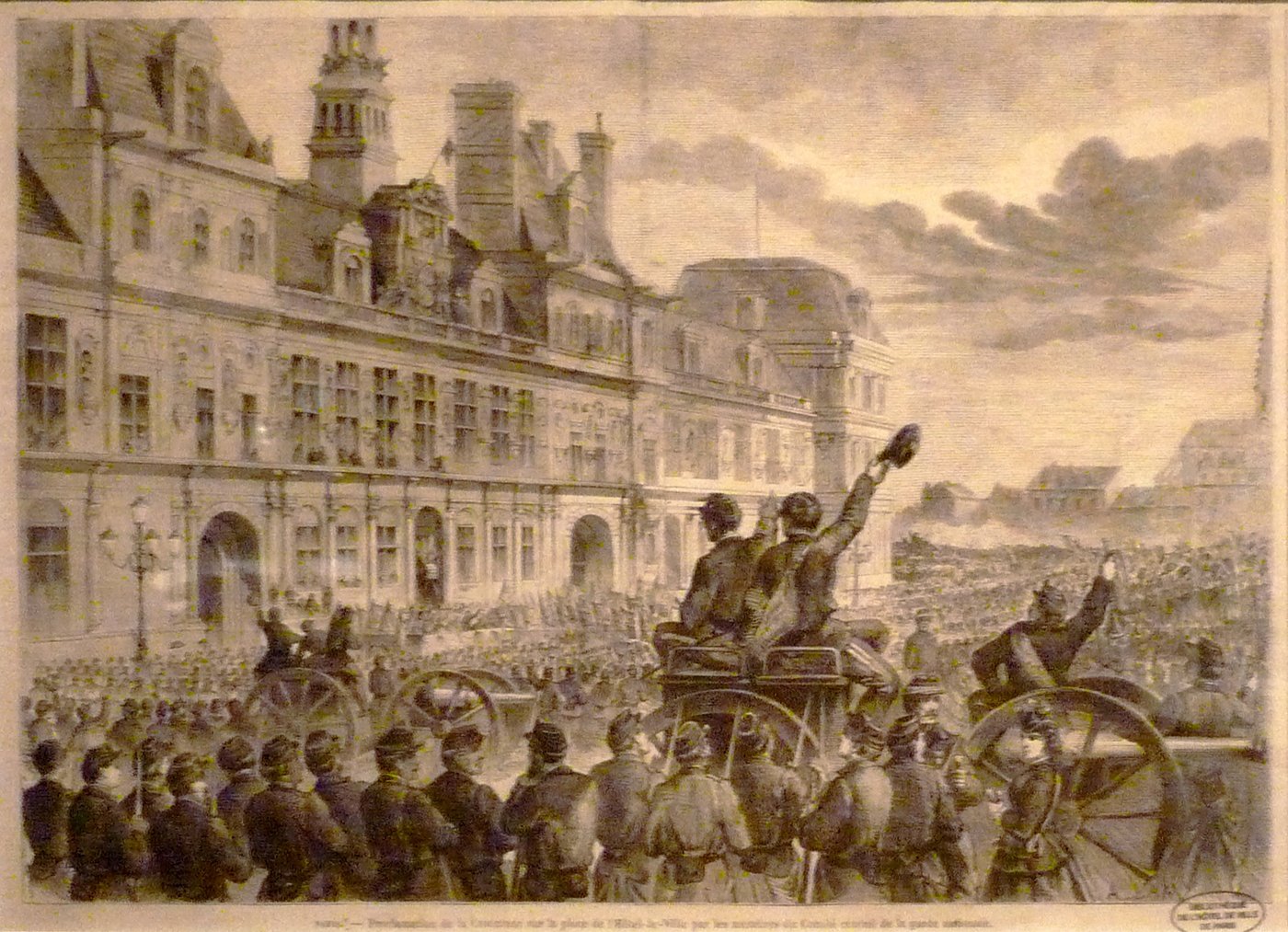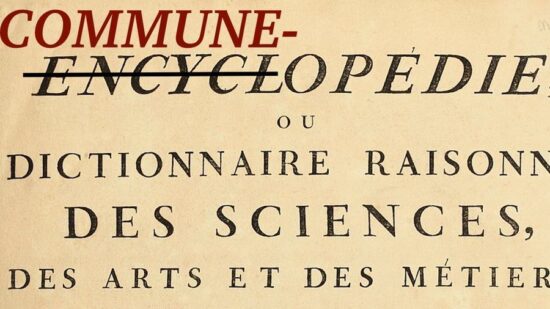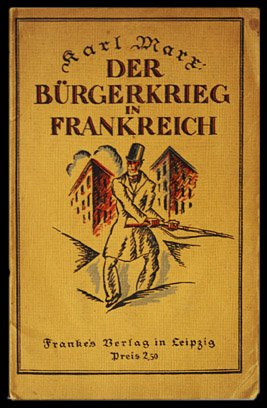Welcome back to Week 2 of LA COMMUNE 2021, a virtual free school experience hosted by Roxanne Panchasi (a.k.a. RP) in collaboration with UNIT/PITT Society for Art and Critical Awareness.
The Paris Commune erupted in the spring of 1871 following more than a century of political, social, and economic transformation in France. After months of war and siege, the French capital’s working-class population rose up in March, holding elections, and forming their own government. The revolutionaries of the Commune attempted a complete overhaul of all aspects of life in the city. Instituting political and economic reforms, they also pursued a program of universal public education, the separation of Church and state, and the promotion of a radical culture.
For those of you who would like a little more background on the Paris Commune, check out “After Storming Heaven,” a Novara interview with scholar Dr. Laura Forster that was released last week.
Week 2 of the free school takes us through the period leading up to the election of March 26th, 1871. On that date, citizens of Paris who had the right to vote elected a municipal council that adopted “Paris Commune” as its official name. The council included 92 members, all men, from different classes and areas of the city—workers and artisans, owners of small businesses, doctors, lawyers, journalists, and artists.
COMMUNE STANDARD TIME
Here’s a TIMELINE that includes a number of key events that may help to situate this week chronologically and within the broader history of nineteenth-century France. We’ll be adding dates to the timeline each week, following events from March through May as we go.
*Note on viewing the Timeline: the view is best if you scroll to the bottom of the page and click “Timeline” and select full screen mode.
RADIO 1871
Each week of LA COMMUNE 2021 is anchored around an episode of radio 1871, an audio series created for a seminar in History at Simon Fraser University in 2021 with subsequent release via this free school in mind.
Turning around the manifesto as a form of writing and politics that was vital during the Paris Commune, this week’s episode features a conversation with Dr. Sarah Osment, a lecturer at New College of Florida in Sarasota who teaches a course called “Manifestos!”.
Sarah is also the co-editor, with Bob Ryan, of hyped on melancholy, an online quarterly magazine that features smart words about sad sounds.
READINGS
“To the National Guardsmen of Paris”, 19 March 1871
“To the People”, 19 March 1871
“International Workingmen’s Association…”, 23 March 1871
“Delegations from the Provinces”, 23 March 1871
“Manifesto of the Paris Commune”, 19 April 1871
Prosper Lissagaray, ch. iii “The Eighteenth of March” & ch. viii “Proclamation of the Commune” in History of the Paris Commune, 1876
Two recent manifestos worth considering as we think about/with the Paris Commune in our current moment:
Manifesto for Abolition, 2020
A Manifesto for Our Times: the Challenge to Abolish Systemic Racism, Alice Walker, Mumia Abu-Jamal, Jeff Mackler, et. al., 2020
HAPPENINGS & HEADS-UPs
Here’s a brief BBC article about commemoration activities and debates in France that are already underway:
Hugh Scofield, “Paris Commune: The Revolt Dividing France 150 Years On,” BBC News, 18 March 2021
And don’t forget to check out the HAPPENINGS & HEADS-UPs section, a collection of Paris Commune-related & Commune-spirited events taking place in various sites during the period of the free school.




